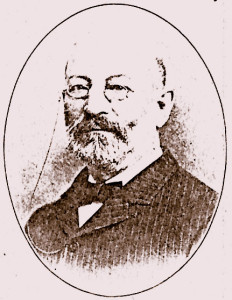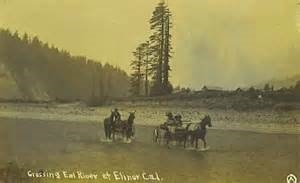Benedict Feigenbaum
Values Codes I – H – E – L – P
Benedict Feigenbaum was born in Binswangen, Bavaria, Germany in 1834.
He was educated in his home town, and in Augsberg for high school.
Feigenbaum arrived in the United States in New York City at the age of 19.
Along the way
In New York City, Benedict Feigenbaum became a bookkeeper for a wholesale shoe firm, and afterwards for the wholesale clothing firm of D. H. Goodman & Co.
San Francisco
In 1855, Feigenbaum came to San Francisco.
He was immediately hired by Frank Wolzer, a merchant of Eureka, California.
One year later, Feigenbaum formed a partnership with Henry Rohner in a town called Eel River.
They also operated stores in Fortuna and Eureka until 1865.
In 1868, Benedict Feigenbaum moved permanently to San Francisco.
There, he formed a partnership with his brother, Joseph Feigenbaum, and Louis Schwartzchild.
Their firm was known as the California Notion & Toy Company.
Civic
Feigenbaum served as treasurer of theRepublican Party in California.
Community
Benedict Feigenbaum was a member ofTemple Emanu-El.
Fraternal
Feigenbaum was a Mason.
Family
In 1866, the first wedding was held in Congregation Emanu-El on Sutter Street in San Francisco.
At that time, Benedict Feigenbaum married Hannah Lowenthal of Frankfort am Main.
Rabbi Elkan Cohn performed the ceremony.
Their two sons were Lionel B. Feigenbaum, who married Gertrude Napthaly, and Julius Feigenbaum, who married Rose Stettheimer of New York.
Both sons continued running theCalifornia Notion & Toy Company in later years.
Benedict Feigenbaum died in 1896.
Sources
- Martin A. Meyer, The Jews of San Francisco (San Francisco: Emanu-El, 1916).
- Fred Rosenbaum, Visions of Reform: Congregation Emanu-El and the Jews of San Francisco, 1849 – 1999 (Berkeley: Judah L. Magnus Museum, 2000).
David Epstein is curator of this Benedict Feigenbaum exhibit


